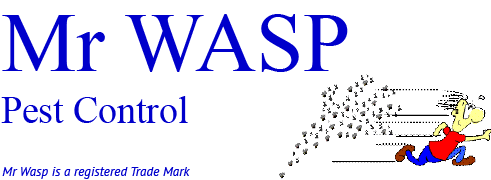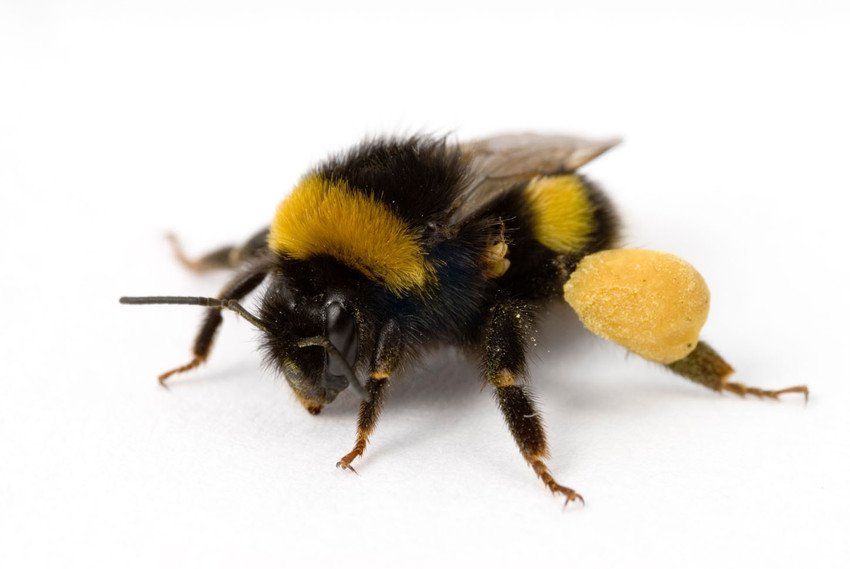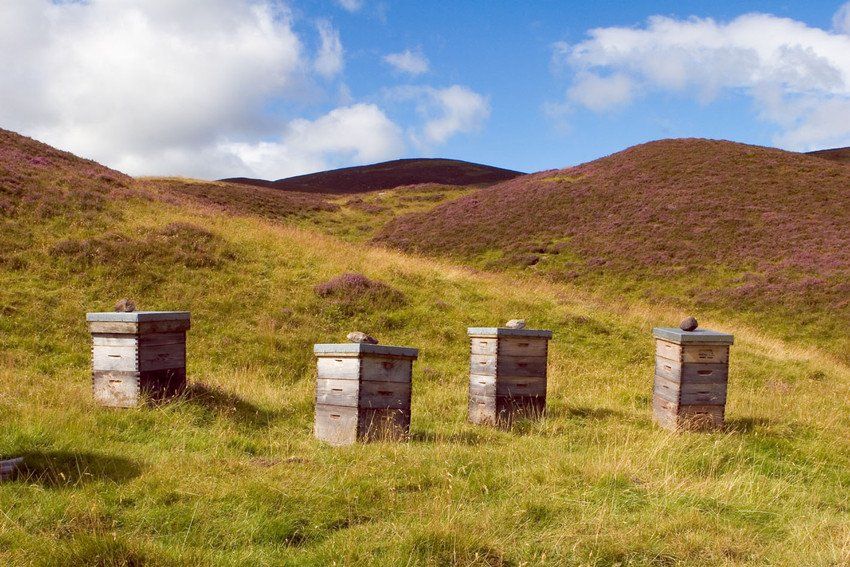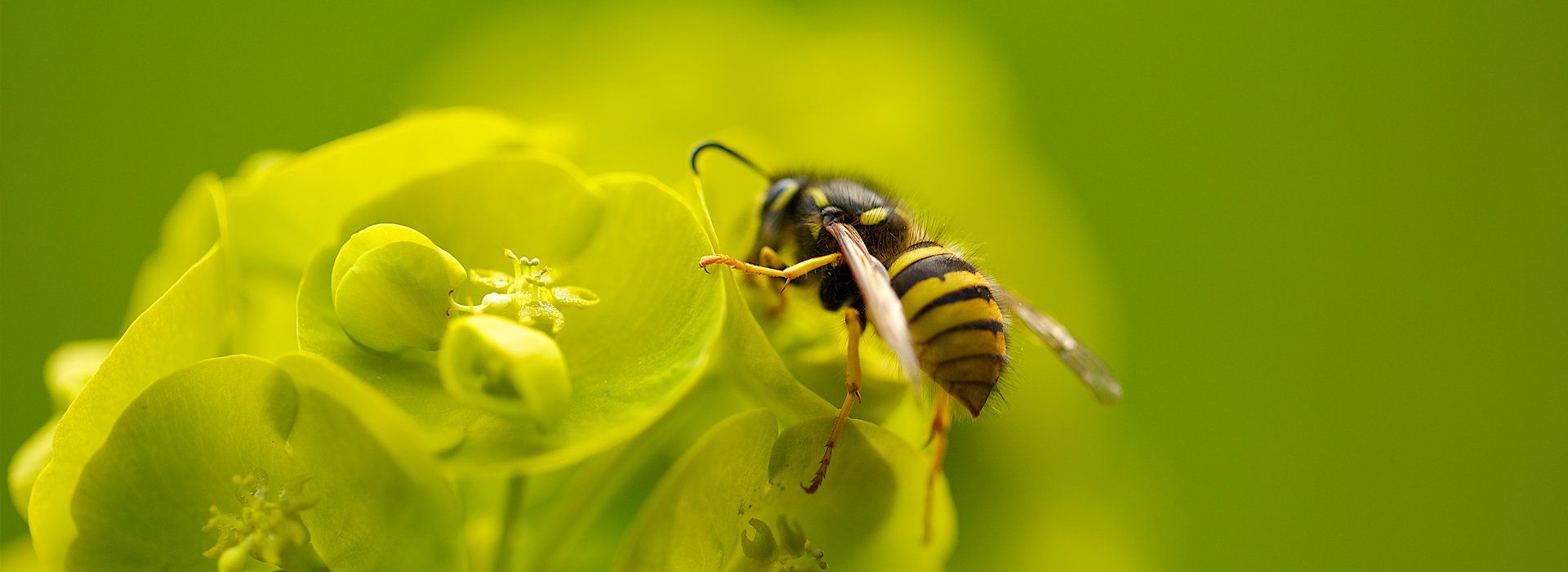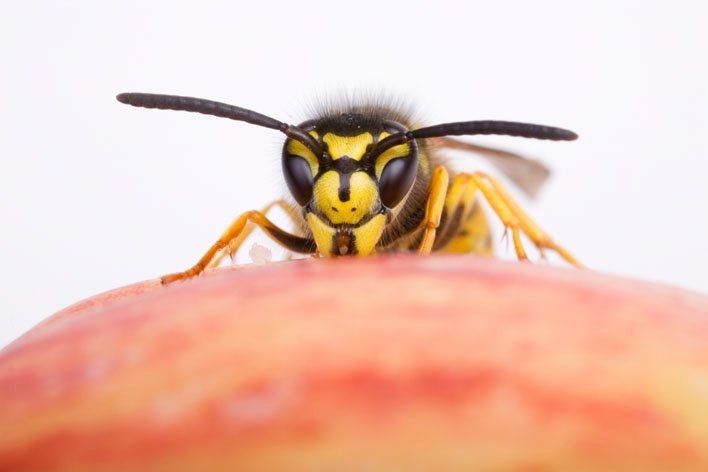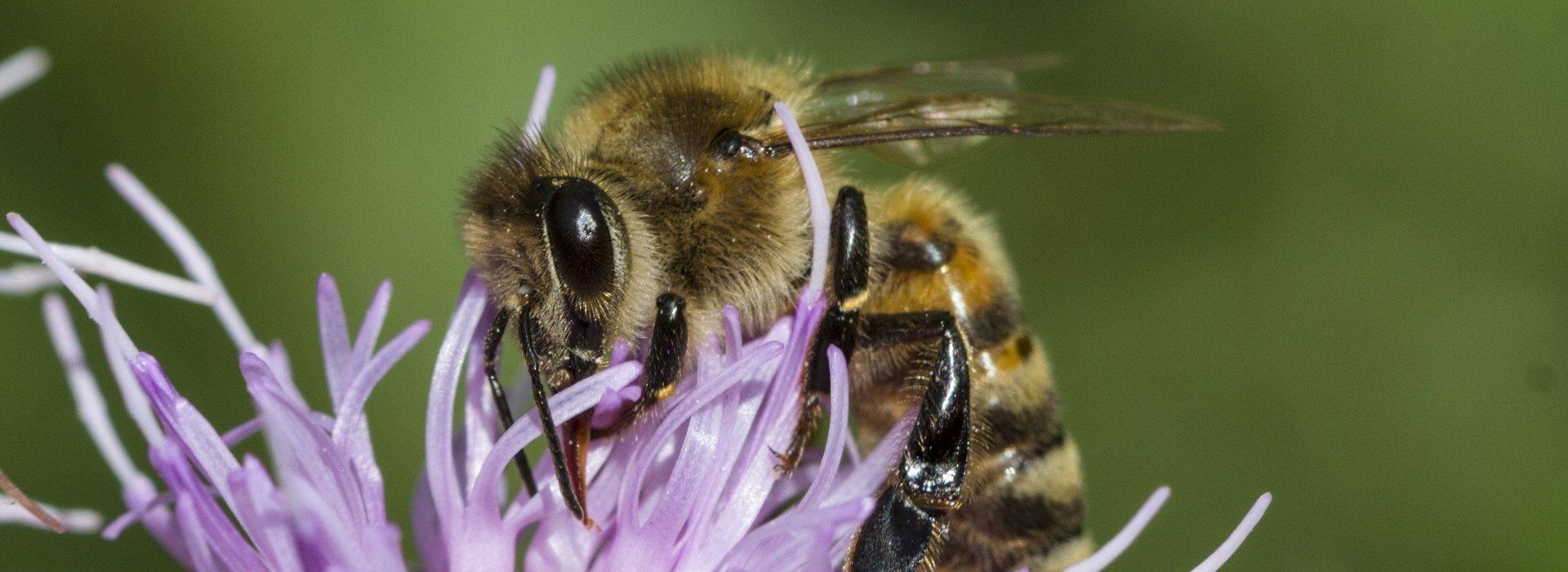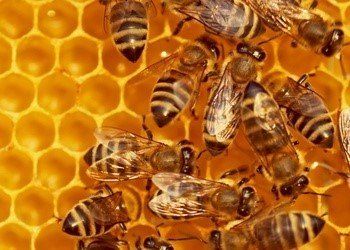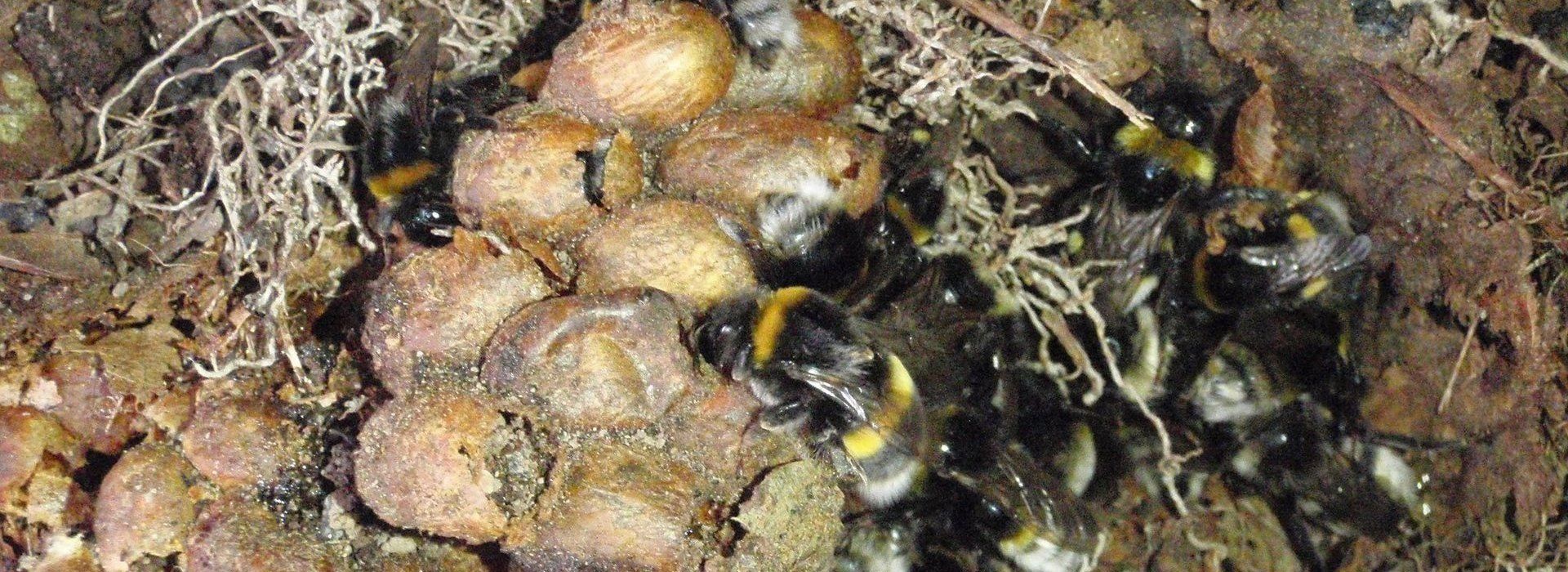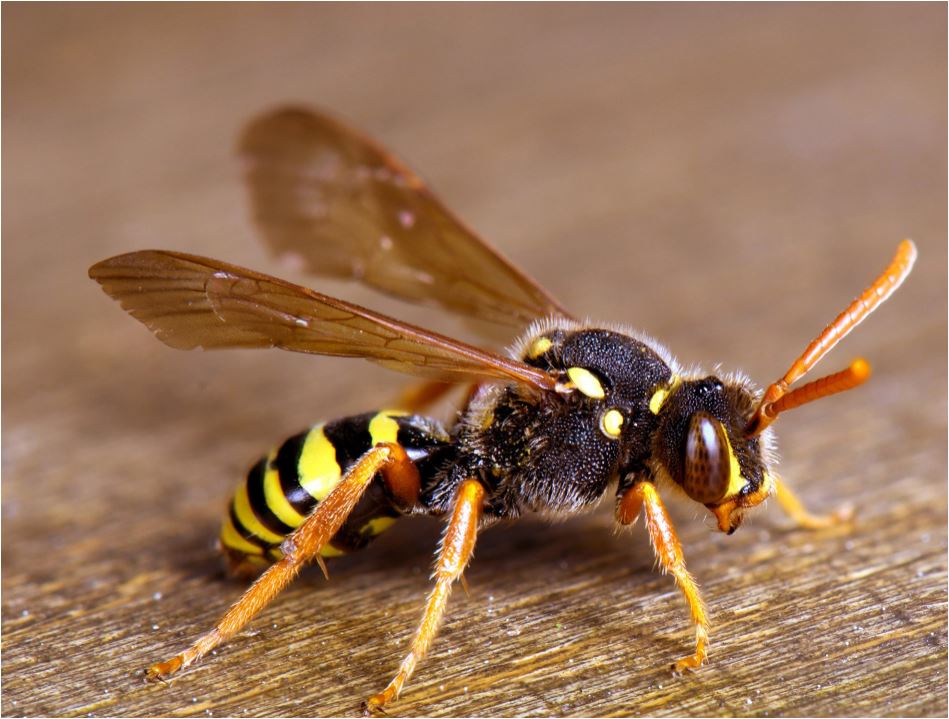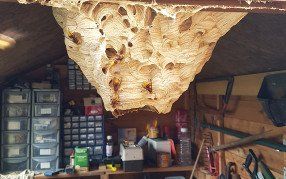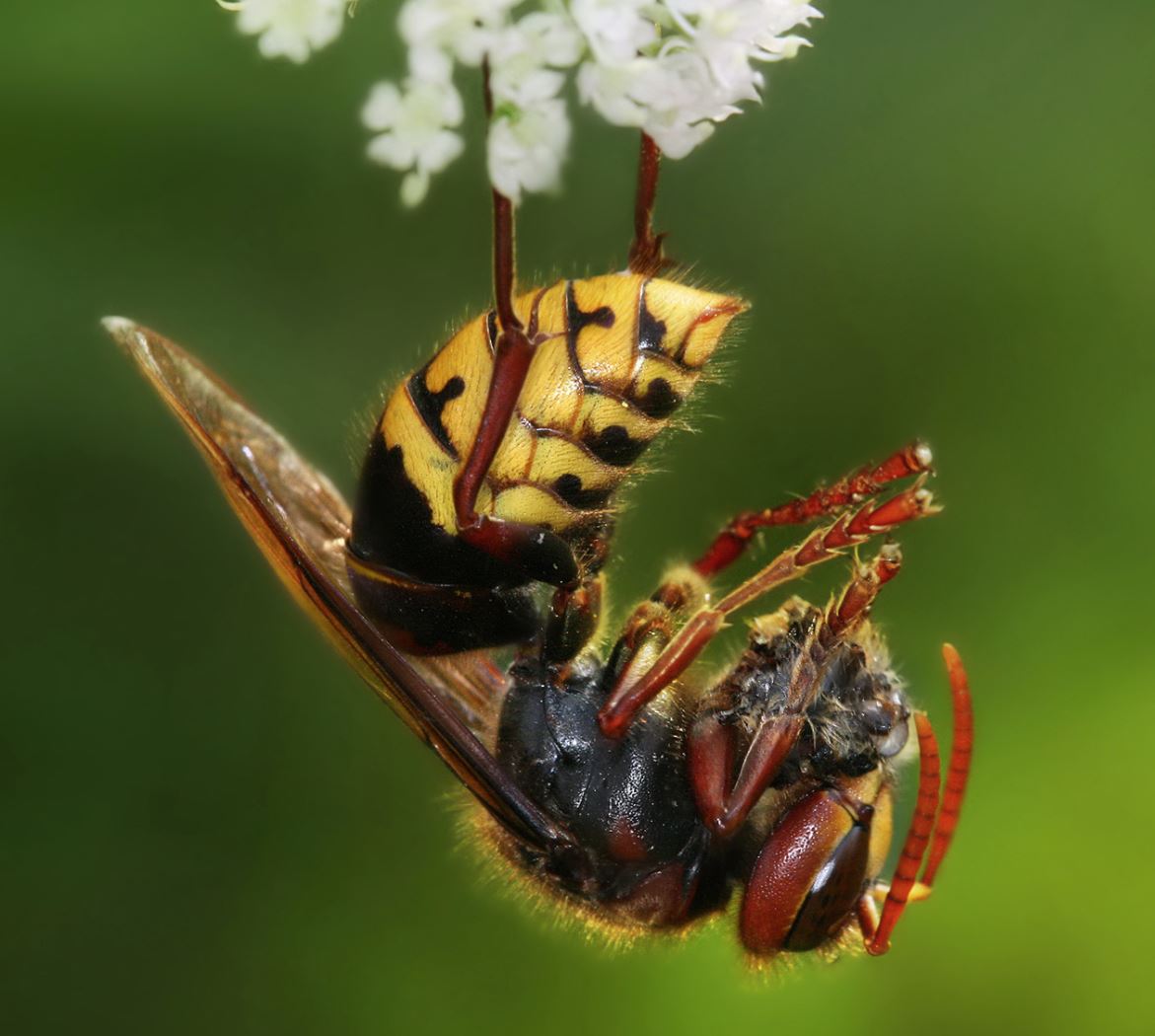Bees: Your Questions Answered About These Fascinating Creatures
Bees are amazing little creatures. Without them, our natural world would not be able to survive as bees play an important role in pollinating the environment. In the UK alone, there are over 270 species of bees, from the bumblebee to the honeybee.
In this blog, you can get know more about bees as we answer some of the most commonly asked questions.
Believe it or not, most bees depending on their role, live for just a few weeks or months. In comparison, queen bees can live between three to five years laying as many as 2,000 eggs a day.
Bees are not aggressive by nature, however, they will sting if they feel threatened. The majority of bees who are out searching for nectar or pollen do not want anything to do with humans unless they are disturbed, but bees who are guarding their hive are more likely to attack.
When a bee stings, the stinger pierces your skin and injects venom called apitoxin which can continue to pump out for up to 10 minutes if it is not removed. When the stinger gets stuck, bees will usually get hurt too as other parts of their body get ripped off, causing some bees to die shortly after.
The average hive can produce 11kg of honey or as much as 27kg. To make this, bees fly around 55,000 miles per one pound of honey - that’s equivalent to two and a half times around the world!
At Mr Wasp , we offer professional bee, wasp and hornet removal services across South Wales. If you’re found a nest or hive in your home, our team will safely remove the infestation. We always prioritise your safety and comfort, offering a speedy call-out service around the clock. From morning to evening, Mr Wasp is here for you. Get in touch today for more information.
